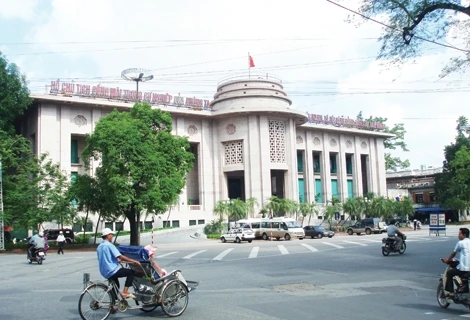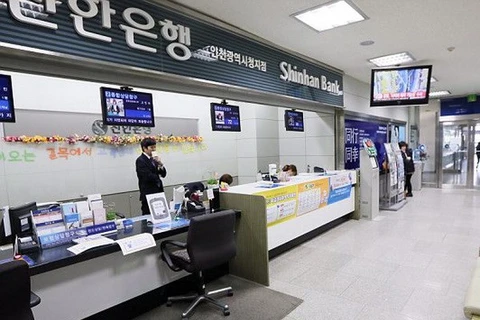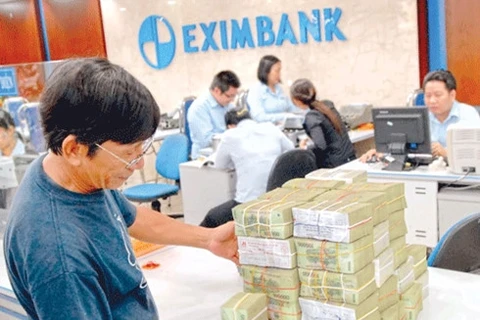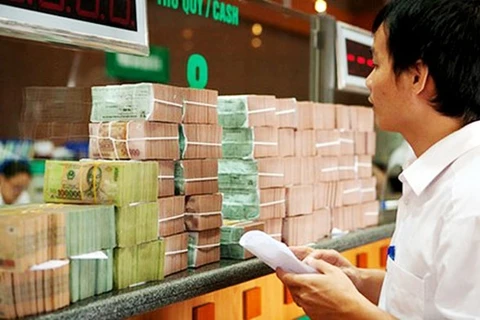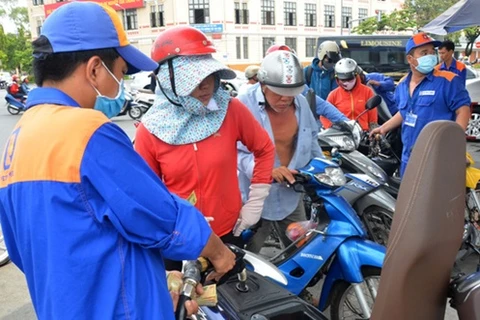HCM City (VNA) – So far this year the State Bank of Vietnam has bought over 10 billion USD in foreign exchange, increasing the country’s reserves to a record high of more than 40 billion USD.
The figure is up sharply from 28.6 billion USD (equivalent to 1.9 month of imports) late last year.
One of the reasons for the huge foreign exchange buying is banks’ massive liquidity.
In the period, bank deposits rose 11 percent while lending grew at only 9.2 percent.
To mop up some of the money, the central bank has consistently bought the greenback and also stepped up issuance of short-term treasury bonds in Vietnamese dong.
It has also mobilised more than 128 trillion VND through open market operations, buying 97 million USD equivalent on September 9 and 101 million USD three days later.
Through all these measures, the dong has remained steady against the dollar at 22,300-22,350 VND.
In addition, credit default swap (CDS) rates tended to slightly decrease and forward rates have remained unchanged for several months. From these, the conclusion is the current exchange rate is rather stable.
Another reason for the foreign exchange rate stability is the plentiful availability of the greenback.
By August 20 disbursements for the year by foreign investors topped 9.8 billion USD, an 8.9 percent rise from the same period last year.
Meanwhile, demand for foreign exchange has shown no signs of increasing because imports have tended to go down in recent months. As of August 15 imports for the year were 102.36 billion USD, down 0.4 percent year-on-year.
All this means there will not be too much pressure on the foreign exchange market during the rest of the year.
Analysts expect no volatility in exchange rates during the period.
But they said the Government and the central bank should identify the targets that need to be given priority and regulate exchange rates based on them.
They suggested that the central bank should consider greater use of derivatives such as options to create tools to support risk prevention and management.
By doing this, it would also diversify the financial tools available in the market, bringing it in line with the rest of the world, they said.-VNA

